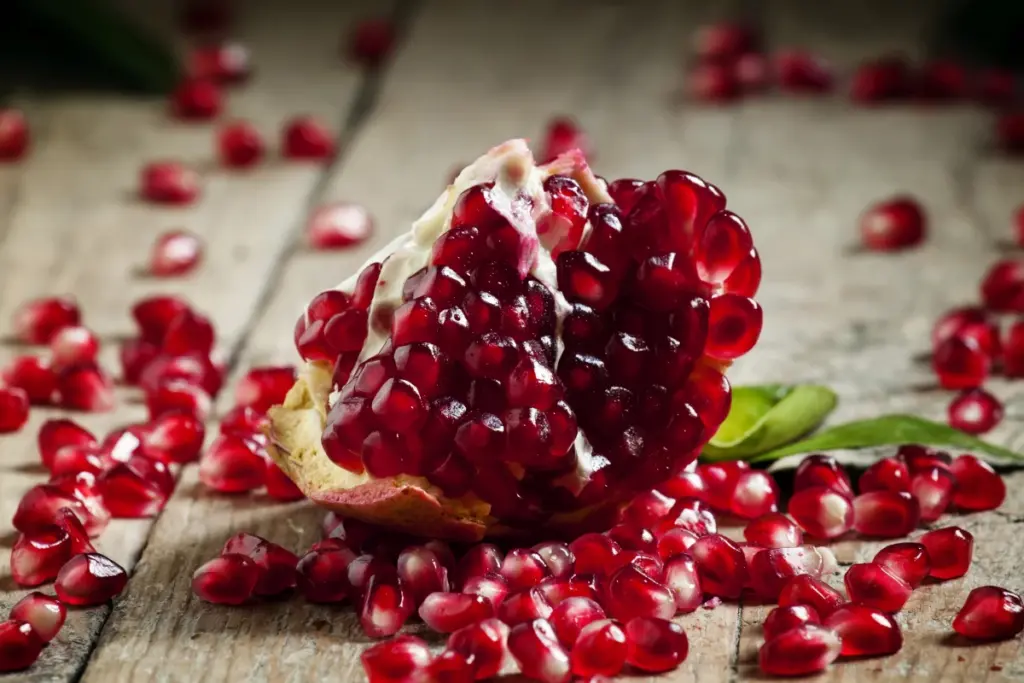
A recent study conducted by researchers at Germany’s Georg-Speyer-Haus has revealed that a natural compound, urolithin A (UA), can rejuvenate the immune system in middle-aged individuals within just 28 days. This compound, produced by gut bacteria in response to the consumption of certain foods like pomegranates and walnuts, shows promise in combating cell damage, inflammation, and chronic diseases, including cancer.
For years, the research team, led by Dr. Dominic Denk from University Medicine Frankfurt, has been investigating UA, which is derived from ellagitannins found in various fruits and nuts. Their prior work, highlighted in a significant breakthrough in 2022, indicated that UA activates a biological pathway that enhances the function of mitochondria in T cells, thereby increasing their cancer-fighting capabilities.
As individuals age, they often experience a decline in immune function, known as immunosenescence. This deterioration results in increased inflammation and a higher risk of infections and diseases, including cancer. A key aspect of this decline is the loss of naive T cells, which are crucial for the body’s defense against pathogens. The study aimed to explore whether UA could effectively “reprogram” these immune cells, potentially slowing the decline associated with aging.
In a randomized, double-blind, controlled trial involving 50 healthy adults aged between 45 and 70, participants were administered either UA supplements or a placebo for a period of 28 days. The results were remarkable. Participants who received UA showed significant improvements in their immune responses. Specifically, there was an increase in the number of functional CD8+ T cells, essential for fighting off infections. These cells demonstrated higher levels of peroxisome proliferator-activated receptor gamma coactivator 1-alpha (PGC-1α), a protein pivotal for mitochondrial generation.
Moreover, UA supplementation led to reduced oxidative stress and notable changes in inflammatory markers. The compound facilitated a process called mitophagy, which recycles and renews cellular power sources, resulting in a marked increase in young, naive T cells. This enhancement in immune function is crucial for the body’s ability to eliminate harmful bacteria.
The production of UA relies heavily on gut microbiota, with specific microbial groups such as Proteobacteria, Clostridium, and Bifidobacterium playing a critical role in breaking down ellagitannins from foods like pomegranate. The growing body of research surrounding UA has led to investigations into its broader health potential, including its effects on muscle endurance and its propensity to reduce inflammation in athletes, as well as its possible applications in obesity treatment.
“This study marks a pivotal first step in demonstrating that urolithin A can safely enhance immune function in humans,” stated Dr. Florian Greten, Director of Georg-Speyer-Haus. “We are particularly optimistic about its implications for cancer treatment.” The results suggest that the benefits of UA extend beyond cancer, potentially aiding in the mitigation of cellular dysfunction associated with aging.
The research findings were published in the journal Nature Aging, underscoring the significance of this work in the field of immunology and aging. As the team prepares for follow-up studies, they are eager to explore UA’s effects on patients undergoing immunotherapy, further highlighting its potential impact on enhancing treatment outcomes across various health conditions.





